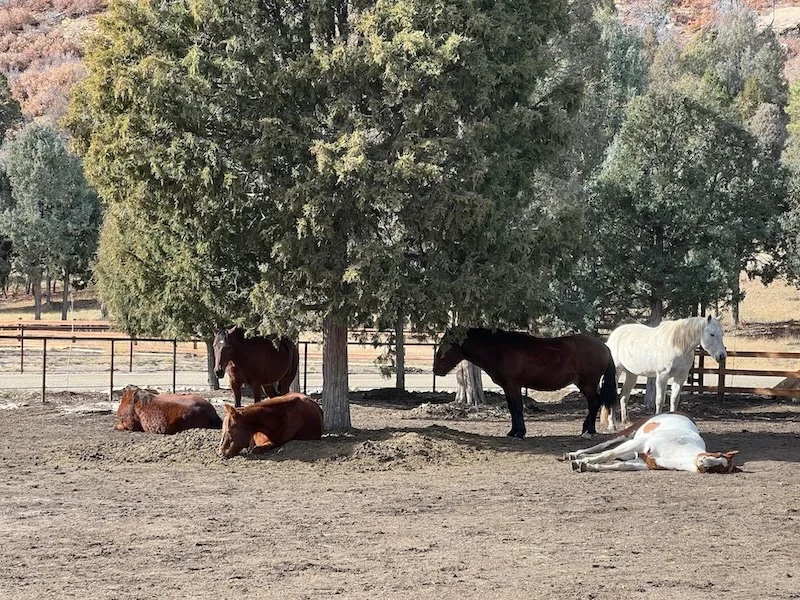The Role of Sleep in Equine Learning and Performance
Most people recognize the importance of sleep for human learning, but it’s just as critical for horses. Sleep is when the equine brain consolidates memories, making it a key component of effective training. During REM sleep, neural pathways are strengthened, helping horses retain and refine new skills. However, horses need to feel safe in order to enter deep sleep. Poor management practices—such as constant stall confinement, social isolation, or an unstable herd environment—can prevent horses from getting the rest they need, leading to cognitive fatigue, increased stress, and reduced performance.
Horses that experience prolonged sleep deprivation often exhibit microsleep episodes, where they involuntarily fall into brief periods of REM sleep while standing. Unlike normal rest, these uncontrolled sleep episodes can cause the horse to suddenly stumble or collapse, posing a serious risk to both horse and handler. Addressing the underlying causes of sleep deprivation—whether it’s physical discomfort, environmental stress, or herd dynamics—is essential for maintaining both normal neurological function and overall well-being. By ensuring horses have the right conditions for quality sleep, we set them up for better learning, mental clarity, and optimal performance.

